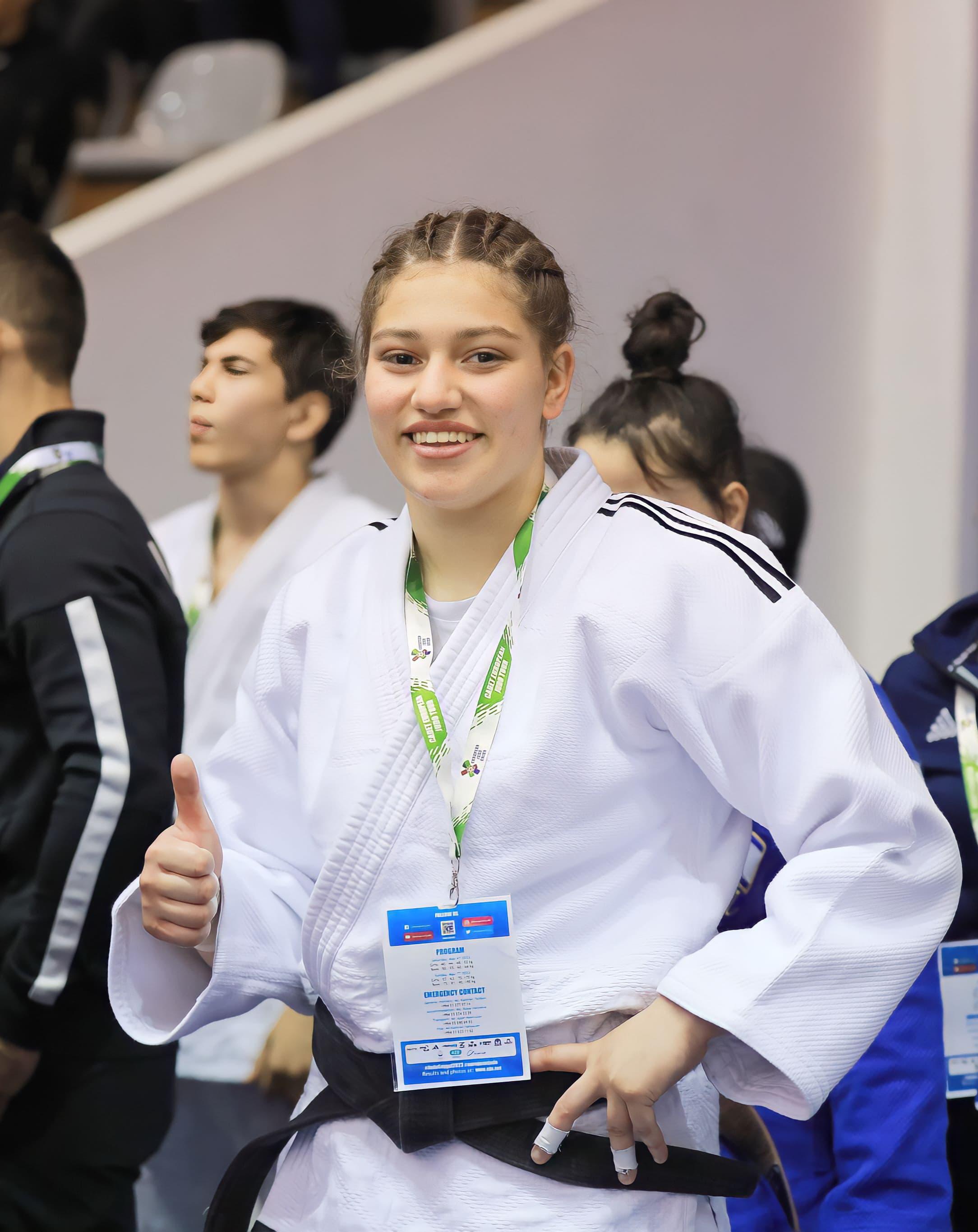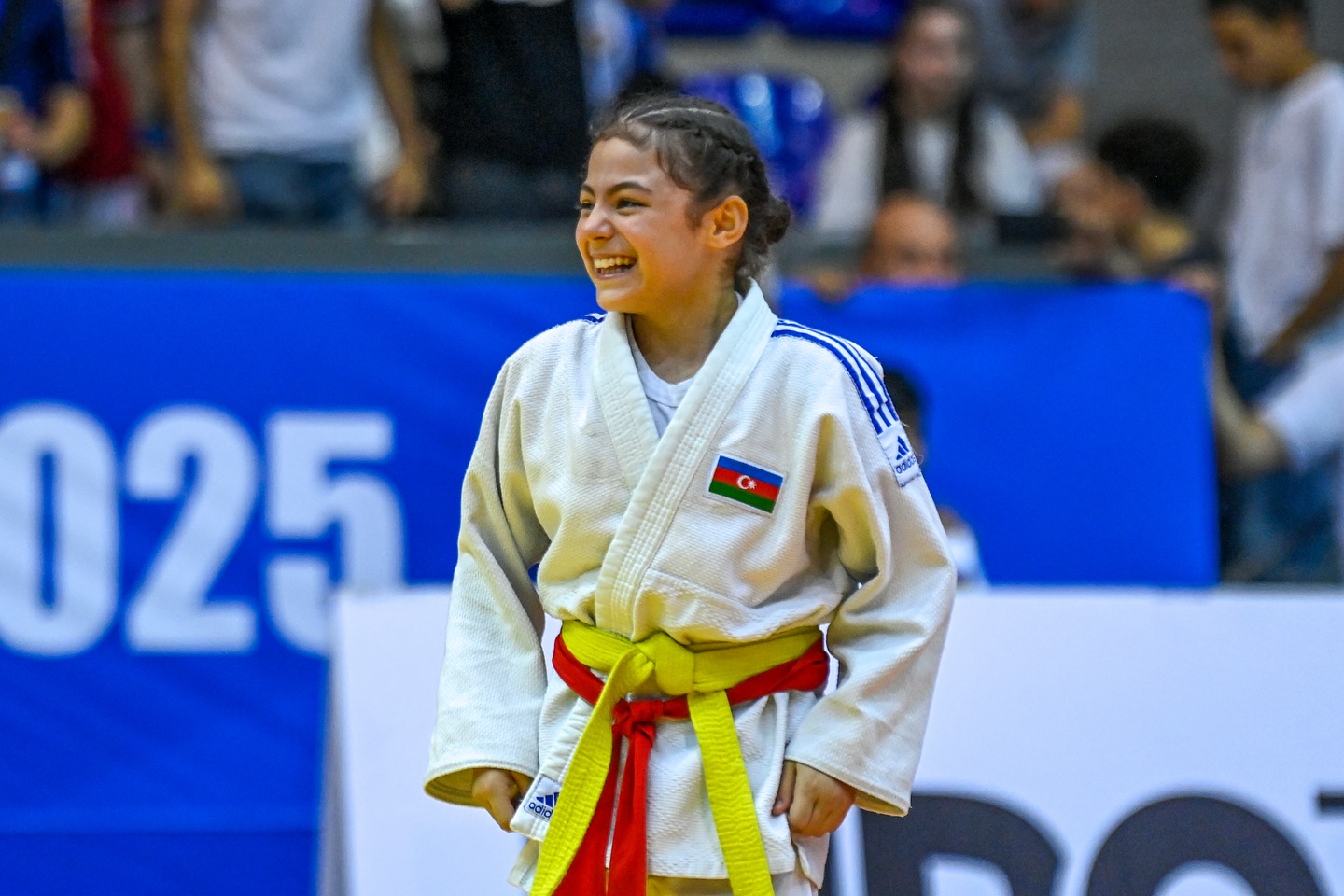.png)
Judo
A combat and sport discipline of Japanese origin included in the Olympic Games
Judo (Japanese: “the gentle way”) was created in 1882 by Jigoro Kano. This combat sport is based not only on technical skills but also on moral and ethical values. Judo is widely practiced worldwide and is an official Olympic sport.
Main goal of Judo
To control the opponent by using their strength, to throw them down, or to force them to submit.
Main features
-
Throwing the opponent to the ground using arm, shoulder, waist, and leg techniques
-
Chokeholds and joint locks (applied only among adults)
-
Matches take place on a tatami (special mat)
-
Match duration for adults is 4 minutes
-
Competitors wear judogi (judo uniform) and use a colored belt system (from white to black)
Ways to win
-
Ippon:
Throwing the opponent with full force and control, holding them down for 20 seconds, or forcing submission with chokehold/joint lock. This immediately ends the match. -
Waza-ari:
Awarded for a nearly perfect throw or holding the opponent down for 10–19 seconds. Two waza-ari equal one ippon. -
Yuko:
Given for lesser technical achievements, such as holding down the opponent for 5–9 seconds or a technically correct but less effective throw. Yuko does not end the match but can determine advantage. -
Shido:
A penalty warning for rule violations. Three shido penalties mean losing the match by ippon to the opponent.
Moral and ethical values of Judo
-
Respect
-
Fairness
-
Self-control
-
Order and discipline
-
Humility
-
Endurance



